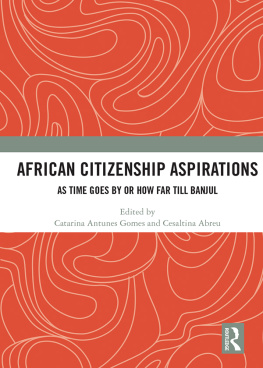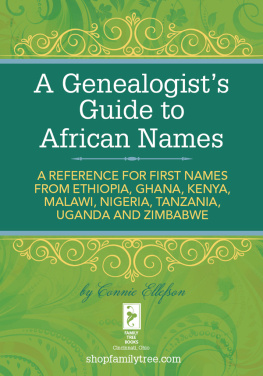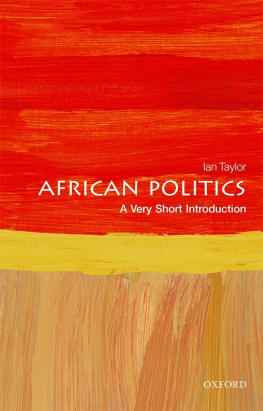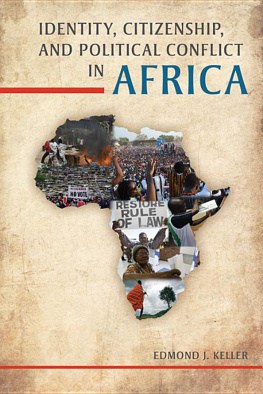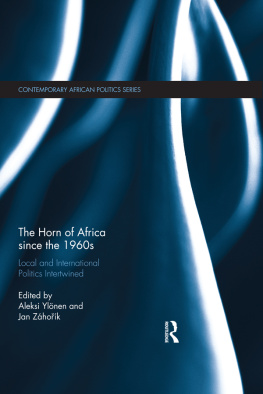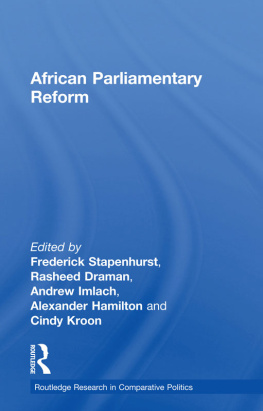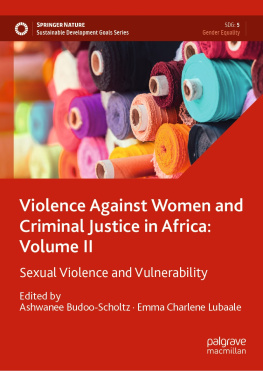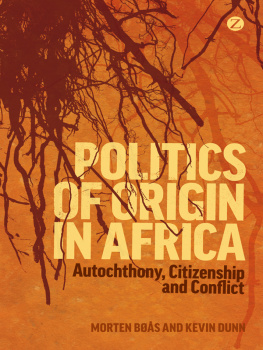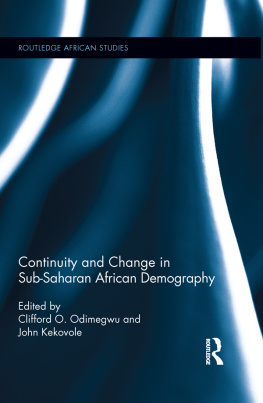African Citizenship Aspirations
This collective work aims to critically reflect upon contemporary citizenship aspirations and practices in sub-Saharan Africa. Focusing on different realities, such as Angola, Mozambique and the Great Lakes region, it tries to unveil multiple historical commonalities, especially those arising from shared experiences of postcolonial violence and vulnerability. Thus, albeit the social realities under scrutiny cannot stand for the complexity of the Continent, the studies here gathered enlighten similar processes that can be identified in many other African contexts. That is certainly the case of the proliferation of religious manifestations and democratic demands that are currently being articulated in different countries such as Burundi, Central African Republic, Ethiopia, Sudan, Uganda and Nigeria.
One such commonality can be referred to as a quest for being. Indeed, this quest for being has always underpinned African discourses and practices, either in postcolonial approaches, either in intellectual traditions, either in popular productions. These multiple practices reveal how, in certain circumstances, identity, as a product of historical wills of knowledge, power and truth, can be questioned as a site of possession and entrapment. How is one to be beyond colonial possession? Or beyond postcolonial authoritarian rule? Or beyond eurocentrism?
African quests for being have always been quests for freedom. And they impose a debate on regimes of citizenship. Active citizenship is not merely a by-product of formal political systems; it is one that challenges them from the outside while actualizing the lessons of historical liberation struggles. As times goes by, the right to be still stands.
The chapters of this book were originally published as a special issue in Citizenship Studies.
Catarina Antunes Gomes, an anthropologist and PhD in Sociology, is co-coordinator of the Social Sciences and Humanities Laboratory at the Catholic University of Angola, Luanda, Angola.
Cesaltina Abreu, an agronomist and PhD in Sociology, is co-coordinator of the Social Sciences and Humanities Laboratory at the Catholic University of Angola, Luanda, Angola.
African Citizenship Aspirations
As Time Goes By or How Far Till Banjul
Edited by
Catarina Antunes Gomes and Cesaltina Abreu
First published 2018
by Routledge
2 Park Square, Milton Park, Abingdon, Oxon, OX14 4RN, UK
and by Routledge
711 Third Avenue, New York, NY 10017, USA
Routledge is an imprint of the Taylor & Francis Group, an informa business
2018 Taylor & Francis
All rights reserved. No part of this book may be reprinted or reproduced or utilised in any form or by any electronic, mechanical, or other means, now known or hereafter invented, including photocopying and recording, or in any information storage or retrieval system, without permission in writing from the publishers.
Trademark notice: Product or corporate names may be trademarks or registered trademarks, and are used only for identification and explanation without intent to infringe.
British Library Cataloguing in Publication Data
A catalogue record for this book is available from the British Library
ISBN13: 978-1-138-57797-8
Typeset in Minion Pro
by diacriTech, Chennai
Publishers Note
The publisher accepts responsibility for any inconsistencies that may have arisen during the conversion of this book from journal articles to book chapters, namely the possible inclusion of journal terminology.
Disclaimer
Every effort has been made to contact copyright holders for their permission to reprint material in this book. The publishers would be grateful to hear from any copyright holder who is not here acknowledged and will undertake to rectify any errors or omissions in future editions of this book.
Contents
CATARINA ANTUNES GOMES AND CESALTINA ABREU
JOS MAURCIO DOMINGUES
ANNA MARIA GENTILI
ELSIO MACAMO
KASEREKA KAVWAHIREHI
CLAUDIA GASTROW
JONUEL GONALVES
The chapters in this book were originally published in Citizenship Studies, volume 21, issue 2 (April 2017). When citing this material, please use the original page numbering for each article, as follows:
Catarina Antunes Gomes and Cesaltina Abreu
Citizenship Studies, volume 21, issue 2 (April 2017) pp. 151166
Jos Maurcio Domingues
Citizenship Studies, volume 21, issue 2 (April 2017) pp. 167181
Anna Maria Gentili
Citizenship Studies, volume 21, issue 2 (April 2017) pp. 182195
Elsio Macamo
Citizenship Studies, volume 21, issue 2 (April 2017) pp. 196209
Kasereka Kavwahirehi
Citizenship Studies, volume 21, issue 2 (April 2017) pp. 210223
Claudia Gastrow
Citizenship Studies, volume 21, issue 2 (April 2017) pp. 224239
Jonuel Gonalves
Citizenship Studies, volume 21, issue 2 (April 2017) pp. 240254
For any permission-related enquiries please visit:
http://www.tandfonline.com/page/help/permissions
Cesaltina Abreu is co-coordinator of the Social Sciences and Humanities Laboratory at the Catholic University of Angola, Luanda, Angola.
Jos Maurcio Domingues is Professor of Sociology at the Institute of Social and Political Studies, State University of Rio de Janeiro, Brazil. He works with sociological theory and political theory, acting mainly on the following themes: theory of collective subjectivity, global modernity, comparative modernity, Brazilian modernity, Latin America, India, China, contemporary society, development, social movements and citizenship.
Claudia Gastrow is a Lecturer at the Department of Anthropology, University of Johannesburg, South Africa. Her research interests include urban studies, political anthropology, material culture, Lusophone Africa, Central Africa and southern Africa.
Anna Maria Gentili is Emeritus Professor at the Department of Afro-Asian Studies, University of Bologna, Italy.
Catarina Antunes Gomes is co-coordinator of the Social Sciences and Humanities Laboratory at the Catholic University of Angola, Luanda, Angola.
Jonuel Gonalves works at the Institute of Strategic Studies, Fluminense Federal University, Rio de Janeiro, Brazil.
Kasereka Kavwahirehi is Associate Professor at the Department of French Studies, University of Ottawa, Canada. His field of interest includes Francophone literature from Africa and the Caribbean, literature and humanities, postcolonial theories and African philosophy.
Elsio Macamo is Associate Professor of African Studies at the University of Basel, Switzerland. His major interests are the sociology of religion, technology, knowledge, politics and risk. His current research projects focus on the politics of the rule of law and comparative studies of development (Africa, Latin America and Asia).
INTRODUCTION
Catarina Antunes Gomes and Cesaltina Abreu
ABSTRACT
This essay aims to introduce the general framework of this special issue as well as the contributions here gathered. A comparative reading of these contributions allows us to emphasize the relationship between citizenship and freedom and the importance of anchoring any sort of understanding in historical processes. In brief, in contemporary African realities, citizenship cannot be thought of without its implications in terms of belonging and recognition and freedom. Active citizenship a quite popular policy motto is not one that arises from within power or formal political systems; it is one that currently challenges them from the outside. Thus, citizenship, as a belonging and recognition regime, is not to be dissociated from freedom. The right to be still stands.

